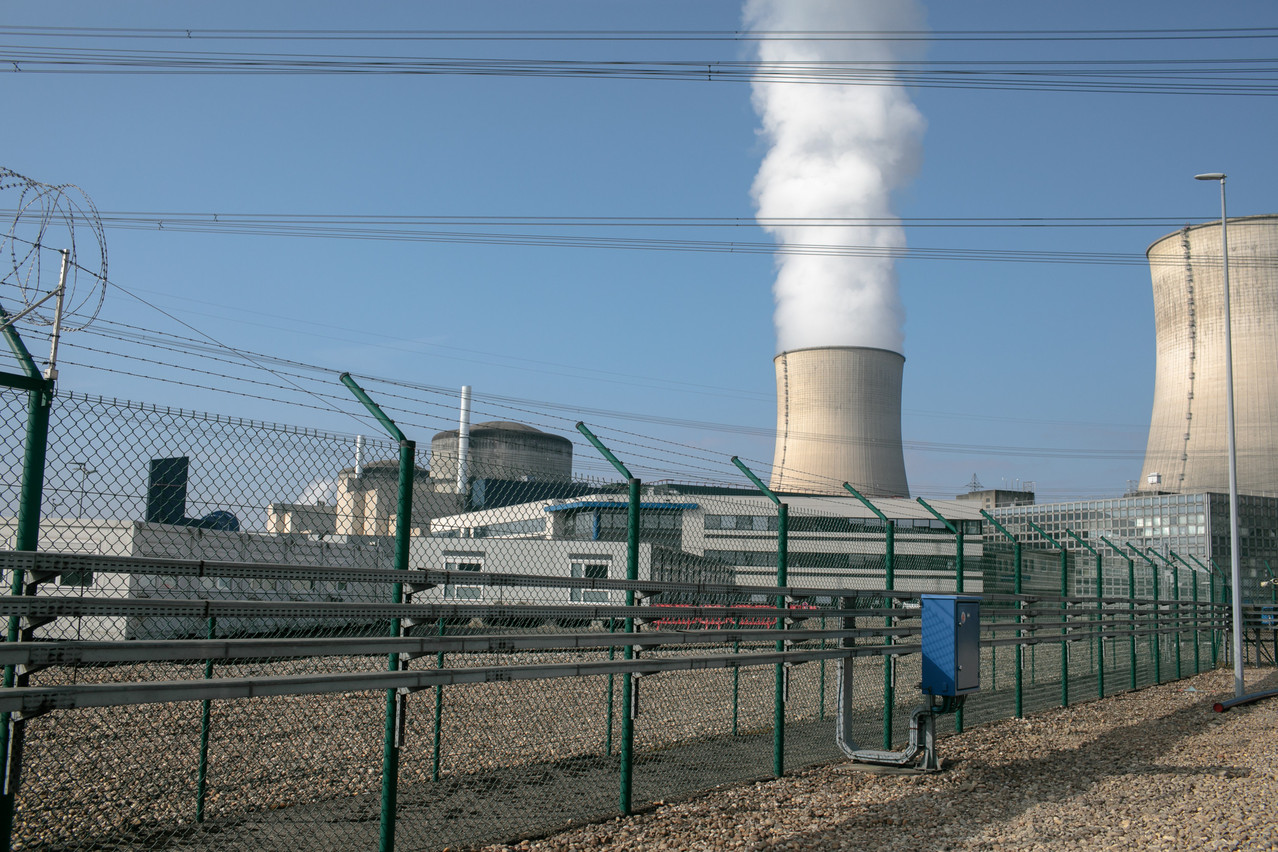The EU green taxonomy is meant to be a financial services tool that guides investors in choosing sustainable projects to fund. 328 MEPs were against a demand to reject their inclusion, while 278 were in favour, and 33 abstained.
The European Commission on 31 December had published a proposal for its taxonomy that would label gas and nuclear power as sustainable energy sources, paying the way for investments, for example in nuclear power plants. The proposal had been met with criticism from eco-activists and various EU member states, like Luxembourg and Austria, who considered the inclusion of the power sources a step in the wrong direction.
Environmental NGO Greenpeace in February called the Taxonomy, and stated that the EU’s decision did not align with its sustainability goals. In a statement on Wednesday, Greenpeace said that it would “continue the fight” against what Ariadna Rodrigo, in charge of the Greenpeace Sustainable Finance Campaign, called “political greenwashing.”
Greenpeace has said it would submit a formal request for internal review to the Commission. If that fails, then the NGO will initiate proceedings before the European Court of Justice.
“We nevertheless welcome the fact that the Luxembourg MEPs voted against the inclusion of nuclear and gas. We hope that the Luxembourg and Austrian governments will bring legal action as they announced several months ago,” said Roger Spautz, nuclear campaigner for Greenpeace France and Luxembourg.
Decision met with confusion and incomprehension
Some EU governments also voiced their opposition to the motion. Luxembourg and Austria had announced that if the proposal was accepted. On 6 July, shortly after the vote in favour of the inclusion of nuclear and natural gas sources into the taxonomy was revealed, Luxembourg energy minister Claude Turmes (déi Gréng) confirmed that the grand duchy and Austria would press charges against the European Parliament.
Luxembourg MEPs also reacted to the decision, with Christophe Hansen tweeting that “the European Parliament is blind to the long-term future”.
MEP Tilly Metz voiced the concern of many of the supporters of the exclusion of nuclear and natural gas sources, which argue that their inclusion would support investments in Russian gas.
The Luxembourg government on 6 July in a press release confirmed that it would prepare for legal action, stating that “The real transition to climate neutrality must be away from fossil fuels as well as from nuclear energy, a costly technology that is highly dangerous not only for citizens, but also for the environment and natural resources.”
Between a rock and a hard place
Although the government plans on taking legal action against the EU parliament, the country’s political parties, in light of the energy crisis and dependency on gas imports, no longer unanimously oppose nuclear energy.
Luxembourg’s Christian democrats, the CSV, which is also in opposition, has failed to renew its , saying that nuclear energy is an alternative to get through the energy crisis.
Co-president of the CSV Claude Wiseler told RTL on Wednesday that the party remains against nuclear energy and that the party advocated switching to alternative energies as quickly as possible.
Vice-president of the European Commission Frans Timmermans had also as a transition energy.
However, --situated just outside of Luxembourg on the French border--had to be shut down due to signs of corrosion, as well as the closure of the two remaining reactors for maintenance, has cast further doubts on the sustainability of the power source.
Though the EU green taxonomy does not force EU member states to review their energy mix and it does not stop investors from investing in alternative green energy sources, those who today voted for its exclusion from the taxonomy worry that investments towards greener alternatives may be divested toward nuclear and gas infrastructures instead.
The European Council has until 11 July to oppose the Commission's proposal or the delegated act on taxonomy will enter into force and apply from 1 January 2023. It would require a majority of 20 Member States representing 65% of the EU population for this to occur. So far, only Luxembourg, Austria, Germany, Denmark and Portugal have spoken out clearly against the legislative act.
